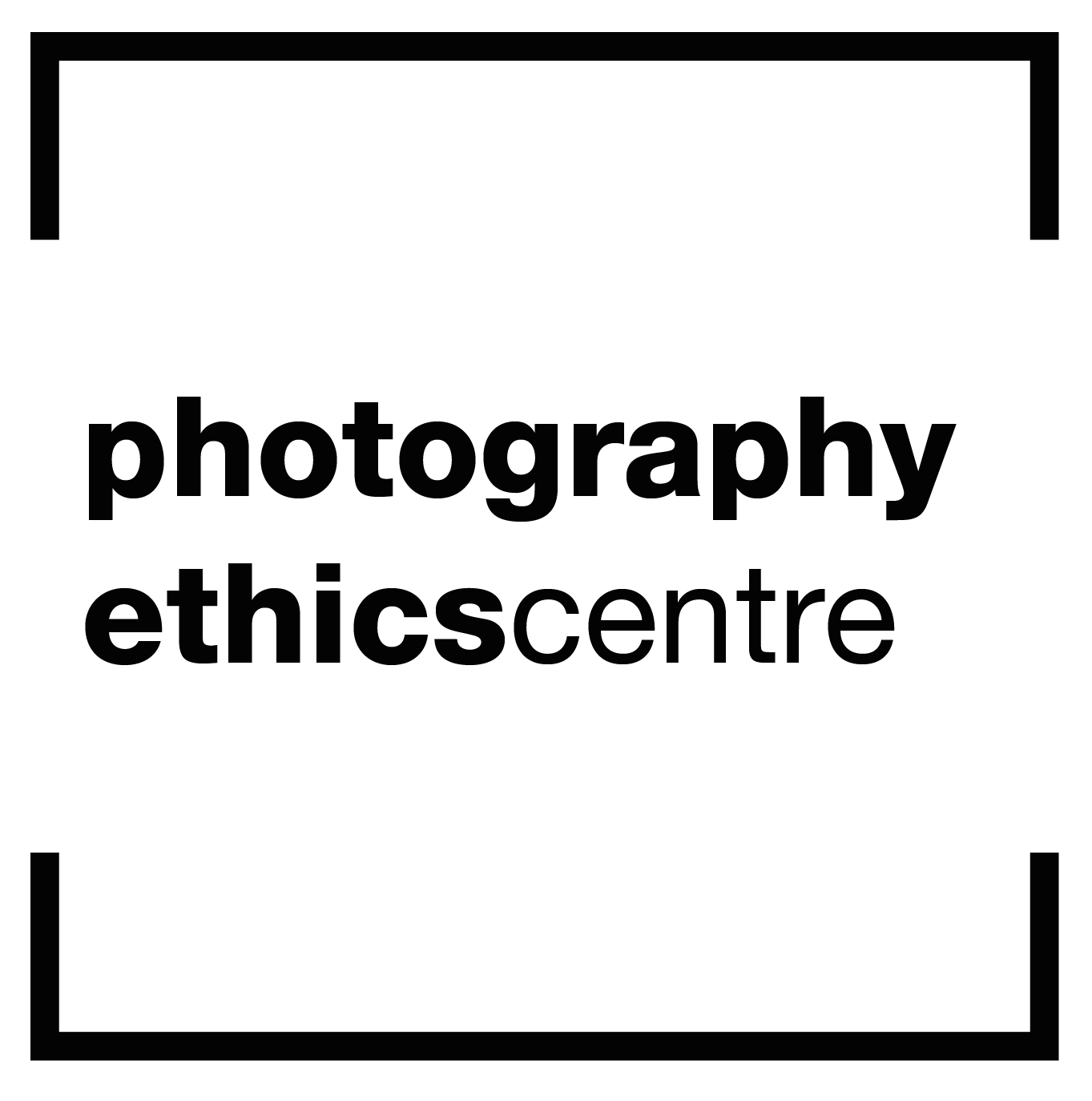Melissa Groo: On empathy with wildlife
In this episode, we talk with Melissa about the importance of empathy and compassion in creating ethical wildlife photography. She emphasises the need to understand the animal you are photographing, and to adjust your behaviour accordingly. Melissa highlights the unethical practice of using photo game farms to capture the perfect shot, which then presents viewers with a misleading impression of the state of wildlife today. Given the struggles of many species, she says, the impact of photography is all the more significant.
What you’ll find inside:
“More and more I come to realise there are so many shades of grey, you know, it’s such a nuanced topic. And also that none of us are perfect. I’m not perfect, and I make mistakes all the time. … We can all build in a higher awareness, a great awareness, into our field craft as carefully as we build in knowledge of our camera’s buttons.” (6:15)
“We have so much power, not just as humans but as wildlife photographers. And we have a responsibility with that power to first do no harm.” (10:10)
“These are just about photos to us, but to a wild animal every single moment is about survival. Every single moment is about life or death. And so knowing that, I hope can help us be more thoughtful and careful in our approach.” (13:54)
“Ethics for me in that field of captive wildlife photography really has to do with making careful, conscious choices about what sort of facility you are visiting and supporting. “ (22:20)
On truth in captioning: “People are always going to assume that the animal is wild. So if it’s not, tell us it’s captive, tell us where it’s housed, tell us the truth of that animal’s life. Don’t do a disservice to the viewer. … It’s deceptive in terms of what’s really going on in our world with these species, and how close they are teetering to extinction.” (29:12)
“Animals are not ours, they’re not here to perform for us. Especially during breeding season when they need to use all their energy … For us to compel a bird to come perform and spend all that energy, and to fool it, I feel maybe back in the day it was okay ... but birds are in such peril now and have so many challenges that I really feel like we just have to be more sensitive than that. We have to be more careful. Are our photos really worth the price that that animal is paying?” (36:11)
“How comfortable would we be telling other people the truth to this shot? That’s another really good indicator for us: am I going to want to tell people on social media how I got this shot or would I be sort of embarrassed? Would people really look down on it? Because if the answer’s yes, you would be embarrassed, yes, people would look down on it, then maybe that’s a good sign that’s not a great practice.” (37:09)
“Learn about your subject, and have empathy and compassion for their struggles, and realise that they value their lives as much as you value your life.” (38:14)
What does photo ethics mean to Melissa?
“I think ethics is a tricky word because I think sometimes in wildlife photography it’s been bandied about so much, and I feel in some ways it’s lost it’s meaning. And I think when you say ‘be an ethical photographer’ there’s a knee jerk reaction, sometimes where people feel like ‘Well, don’t tell me what to do. How do you know what’s good, what’s right, what’s bad?’ And, you know, I understand that it can be tiresome to hear those words and it can sort of lose all meaning, but for me it’s really about being empathic. I really do feel like ethics comes from empathy and that’s what I want people to come away with, and that to me is the very foundation of ethics, is empathy and that feeling for another living being, you know, whether it’s a person or a wild or captive animal. You know, how can we honour, how can we best honour our subject? And for me, those are the questions that I think ethical practices really stem from.” (39:56)
Links:
Melissa Groo is a wildlife photographer, writer, and conservationist with a passion for educating people about the marvels of the natural world. She believes that photography can be both fine art and a powerful vehicle for storytelling, and considers herself a wildlife biographer as much as a wildlife photographer. Her mission is to raise awareness and change minds; not only about the intrinsic beauty of animals but also their intrinsic worth. Melissa is passionate about ethics and wildlife photography. She co-created the National Audubon Society’s Guide to Ethical Bird Photography, and she co-chairs the International League of Conservation Photography’s Ethics Committee.
You can see her work at www.melissagroo.com
This podcast is supported by the Rebecca Vassie Trust, a UK-based charity which promotes the art of narrative photography through granting bursary awards to up-and-coming photographers, and funding public education projects like this one. This podcast has full editorial independence, and the views expressed in this series are not necessarily those of the Trust.
